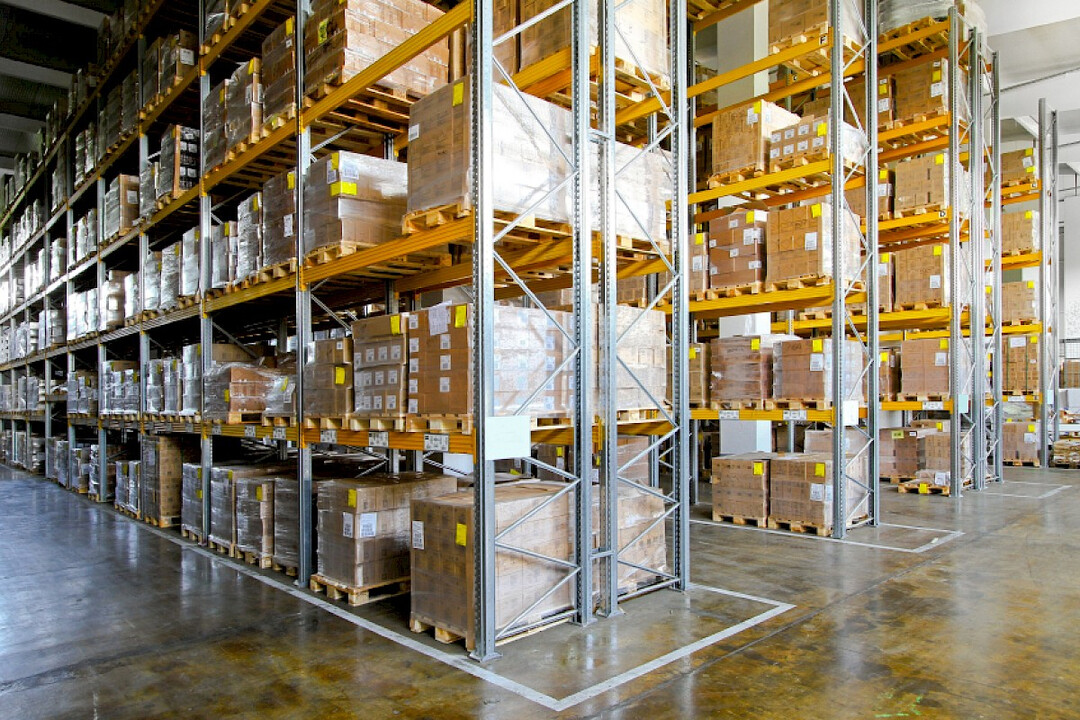
SEOUL, South Korea – A confluence of trade uncertainties and a dramatic surge in the cost of US bonded warehouse storage are creating a significant financial strain on South Korean small and medium-sized enterprises (SMEs) engaged in exports to the United States. The escalating fees, driven by tariff volatility and increased demand for duty-deferred storage, are adding a substantial layer of logistics costs, threatening the competitiveness of these businesses in the crucial American market.
The crux of the issue lies in the function and increasing utilization of US bonded warehouses. These facilities, strategically located near ports of entry, allow importers to store goods for up to five years without paying customs duties. This deferral is particularly valuable during periods of tariff instability, as businesses can hold their merchandise pending clarity on final duty rates and avoid immediate, potentially higher, tax burdens. However, this very advantage is now contributing to a price surge.
According to industry reports, storage fees in US bonded warehouses have spiked by as much as 60% compared to standard commercial warehousing rates. This dramatic increase is attributed to two primary factors: the imposition of new and higher tariffs on certain goods, and a subsequent rush by importers and exporters to utilize bonded storage as a hedge against ongoing and anticipated trade policy shifts. The traditional fee structure, often calculated based on tariff rates, the value of goods, and their weight, is naturally inflated when tariff percentages rise.
A representative from a Korean freight forwarding company elucidated the situation, noting an approximate 15% increase in bonded warehouse costs both before and after the application of tariffs. This rise is compounded by the indecision surrounding who will ultimately bear the brunt of these tariffs – the American buyer or the Korean exporter. The ambiguity surrounding future tariff rates, contingent on fluid international trade negotiations, is further incentivizing businesses to park their goods in bonded warehouses until a clearer picture emerges.
While the immediate impact of these elevated storage costs has largely been absorbed by logistics providers, industry analysts warn that this burden is likely to be progressively passed down the supply chain to the Korean exporting companies that own the stored goods. This cost transfer poses a significant threat to the profitability of SMEs, which often lack the robust financial buffers and established local infrastructure of their larger counterparts.
Large corporations, with their established US-based subsidiaries, often manage import processes internally, affording them a degree of insulation from these fluctuating storage costs. However, SMEs, which typically rely on third-party logistics and direct export models, are far more vulnerable. One logistics expert highlighted the precarious position of auto parts manufacturers following the imposition of a 25% tariff on automobiles, noting that while first-tier suppliers might possess the scale to absorb some of the increased bonded warehouse expenses, second and third-tier vendors, often operating on tighter margins, face a disproportionate impact.
The dual challenge of tariff uncertainty and escalating bonded warehouse fees has prompted some risk-averse importers to temporarily suspend their purchasing activities. A Korean electronics exporter, Company A, reported an indefinite hold on the shipment of already-ordered products, with the goods remaining in their domestic warehouse. The recent 90-day reprieve on mutual tariffs offers a temporary respite but does little to alleviate the underlying uncertainty regarding long-term tariff policies. Until the specific tariff rates and their implementation timeline are definitively established, both importers and exporters remain hesitant to proceed with shipments, unable to accurately assess and allocate the impending costs.
Similarly, Company B, a Korean manufacturer of heat exchangers for the US market, has witnessed a sharp decline in new orders and quotation requests from its primary American clients. The prevailing tariff ambiguity has effectively frozen purchasing decisions, and Company B anticipates a resumption of exports only after a greater degree of clarity is achieved in the trade landscape.
Choo Moon-gab of the Korea Federation of SMEs underscored the widespread impact of this trade impasse, stating that many exporters in sectors like automobiles and steel, facing unresolved negotiations on the sharing of reciprocal tariff burdens, have opted to halt shipments altogether. This cautious approach reflects the significant financial risks associated with navigating the current uncertain trade environment.
Recognizing the mounting pressures on Korean SMEs, government agencies are stepping in to provide support. The Ministry of Oceans and Fisheries, in collaboration with the Busan Port Authority, is actively establishing logistics centers at key US transportation hubs. These centers offer preferential rates, 10-15% below market prices, and priority access to storage space for SMEs and mid-sized enterprises. The government aims to significantly expand this network, increasing the number of such logistics centers from five in September 2024 to over eleven by 2030, providing a crucial buffer against volatile market costs.
Furthermore, the Ministry of Trade, Industry and Energy (MOTIE) and the Ministry of SMEs and Startups (MSS) are implementing financial assistance measures, such as the provision of logistics vouchers to exporting companies. These vouchers are designed to directly offset the increased transportation and storage costs, offering a tangible form of relief to businesses grappling with the fallout of US trade policies.
The situation highlights the intricate interconnectedness of international trade and the significant impact that geopolitical uncertainties can have on businesses, particularly SMEs. The surge in US bonded warehouse costs, while seemingly a localized issue, serves as a stark reminder of the broader economic consequences stemming from tariff disputes and the resulting market volatility. The effectiveness of the Korean government's support measures will be crucial in mitigating the financial burden on its exporting SMEs and ensuring their continued competitiveness in the vital US market. The long-term stability of these trade relationships hinges on clear and predictable tariff policies that allow businesses to plan and operate with greater certainty.
[Copyright (c) Global Economic Times. All Rights Reserved.]




























